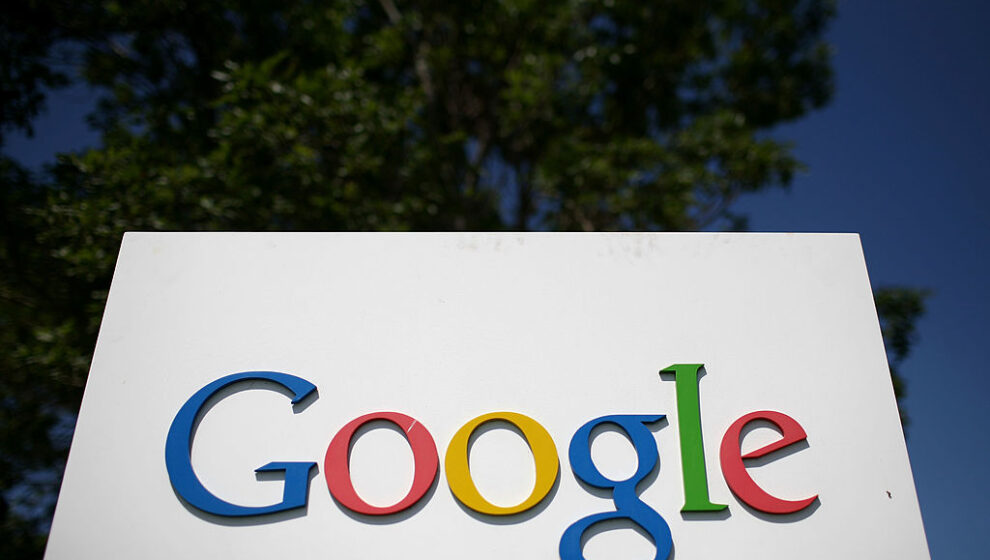Political campaigns using artificial intelligence (AI) generated content must disclose this information in Google and YouTube content.
Key Details
- Google has revealed a new disclosure policy that will force election advertisers to label AI content distinctly from real content.
- As of mid-November, generative AI content must receive a label to make it clearly identifiable to avoid spreading election misinformation.
- Google’s digital ad business joins companies like Meta Platform’s Facebook and Instagram in cracking down on deep fakes and spreading misinformation.
Why It’s Important
With the 2024 Presidential Election just 14 months away, the political world is beginning to kick into high gear with promotions and advertisements for presidential candidates. The GOP held its first debate on August 23, and the primary elections will begin in Iowa on January 15.
The rise of popular generative AI features and technologies like ChatGPT and DALL-E has created significant concerns that these technologies will play a role in the election, with advertisers and internet trolls using the technologies to spread misinformation that disrupts the race.
Backing up A Bit
With significant political unrest and distrust in mainstream institutions at an all-time low, AI attack ads and deep fake technologies have the potential to exponentially increase societal chaos if properly implemented and spread through social media at the right moment during next year’s election, particularly with Trump facing multiple indictment trials and President Joe Biden’s son facing his own set of legal troubles.
An example of this already occurred in July when a pro-Ron DeSantis super PAC ran advertisements using an AI-generated version of President Donald Trump’s voice. Trump’s campaign advisor, Chris LaCivita, condemned the attack ad, saying, “The blatant use of AI to fabricate President Trump’s voice is a desperate attempt by [our opponents] to deceive the American public.”
Notable Quote
“Given the growing prevalence of tools that produce synthetic content, we’re expanding our policies a step further to require advertisers to disclose when their election ads include material that’s been digitally altered or generated. This update builds on our existing transparency efforts—it’ll help further support responsible political advertising and provide voters with the information they need to make informed decisions,” says Google.
